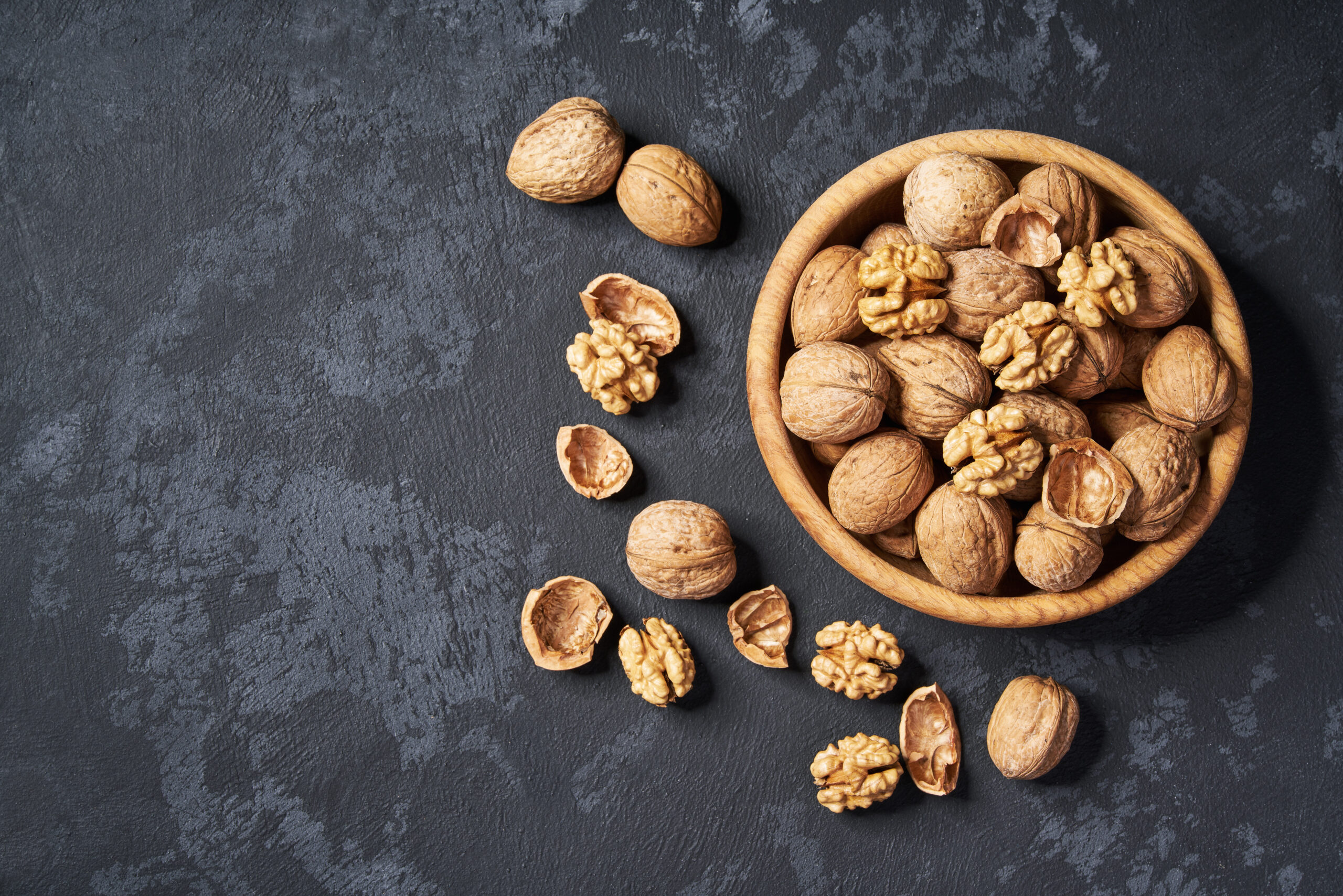Table of Contents

Eating a handful of nuts and seeds daily could be the simplest way to protect your brain and heart health as you age, with research showing they may even improve memory and enhance cognitive performance.
At a Glance
- Nuts and seeds are packed with omega-3 fatty acids and unsaturated fats that reduce inflammation and promote heart health
- Walnuts, particularly rich in alpha-linolenic acid (ALA), are linked to improved mood, reduced depression symptoms, and enhanced cognitive function
- Just 60 grams of mixed nuts daily may improve verbal memory and increase blood flow to the brain
- Almonds provide vitamin E, Brazil nuts offer selenium, and pistachios enhance brain wave generation vital for memory
- Alternatives for those with nut allergies include seeds like pumpkin, hemp, flax, and chia, which offer similar brain benefits
The Nutritional Powerhouses for Your Brain
Nuts and seeds are among the most potent brain-supporting foods available, delivering an impressive range of nutrients in a small package. Walnuts stand out as brain health champions, containing high amounts of alpha-linolenic acid (ALA), an essential omega-3 fatty acid. Research from UCLA has linked higher walnut consumption to improved cognitive test scores, while more recent studies suggest they can boost brain function and memory almost immediately. Almonds provide the highest vitamin E content among nuts, with low intake of this nutrient associated with increased dementia risk. Brazil nuts deliver a powerful dose of selenium, with just one nut providing your entire daily requirement of this brain-protective antioxidant.
https://www.youtube.com/watch?v=tW2icLUrXxU
Pistachios offer unique benefits by enhancing brain wave generation, particularly gamma waves crucial for cognition and memory. Seeds provide alternative brain-boosting options, especially for those with nut allergies. Chia seeds and flaxseeds contain significant omega-3 fatty acids that support brain health, though flaxseeds are more easily digested when ground. The consistent evidence across studies suggests that incorporating a variety of nuts and seeds into your daily diet provides comprehensive brain protection that becomes increasingly important with age.
https://twitter.com/VitaDoc1/status/1894979938828025913
Heart and Brain Connection
The protective effects nuts and seeds have on your brain are closely linked to their benefits for cardiovascular health. The omega-3 fatty acids and unsaturated fats found abundantly in these foods help reduce inflammation and improve blood vessel function throughout the body, including the brain. This improved circulation ensures your brain receives optimal oxygen and nutrients while removing waste products efficiently. Experts believe nuts may keep brain blood vessels healthy and reduce inflammation, potentially lowering the risk of cognitive decline over time. This connection between heart and brain health explains why diets rich in nuts and seeds, like the Mediterranean and MIND diets, are associated with lower rates of both cardiovascular disease and dementia.
A study published in the American Journal of Clinical Nutrition found that consuming just 60 grams (about 2 ounces) of mixed nuts daily may improve verbal memory and increase blood flow in the brain. This amount aligns with dietary recommendations suggesting approximately 5 ounces of nuts, seeds, and soy products weekly for optimal health benefits. The heart-protective benefits extend beyond just brain function, potentially reducing risk factors for heart disease like high cholesterol, high blood pressure, and chronic inflammation.
Practical Ways to Incorporate Nuts and Seeds
Adding nuts and seeds to your daily routine doesn't require significant dietary changes. Start by incorporating a small handful (about 1 ounce) into your breakfast routine. Research from Claire Williams suggests that "a handful of walnuts with breakfast could give young adults a mental edge when they need to perform at the top of their game." Adding ground flaxseed or chia seeds to morning oatmeal, yogurt, or smoothies provides an omega-3 boost without altering taste significantly. Almonds and pistachios make excellent mid-afternoon snacks that provide sustained energy while supporting brain health.
When purchasing nuts or nut butters, choose products with minimal ingredients, avoiding added oils, preservatives, or sugars. Dry-roasted nuts have a similar nutrient profile to raw ones, so select varieties you find most appealing. If you have nut allergies, which affect approximately 3.9 million Americans, focus on seeds like pumpkin, hemp, flax, and chia or alternatives like olives, soybeans, beans, legumes, and fatty fish like salmon and tuna. A dietitian can help develop a personalized plan to ensure you're getting the brain-boosting nutrients you need even with dietary restrictions.
Sources:
https://www.aarp.org/health/healthy-living/nuts-and-seeds-for-brain-health/
https://www.health.harvard.edu/healthbeat/foods-linked-to-better-brainpower
https://www.uhhospitals.org/blog/articles/2023/01/5-brain-boosting-foods-that-can-fight-dementia
